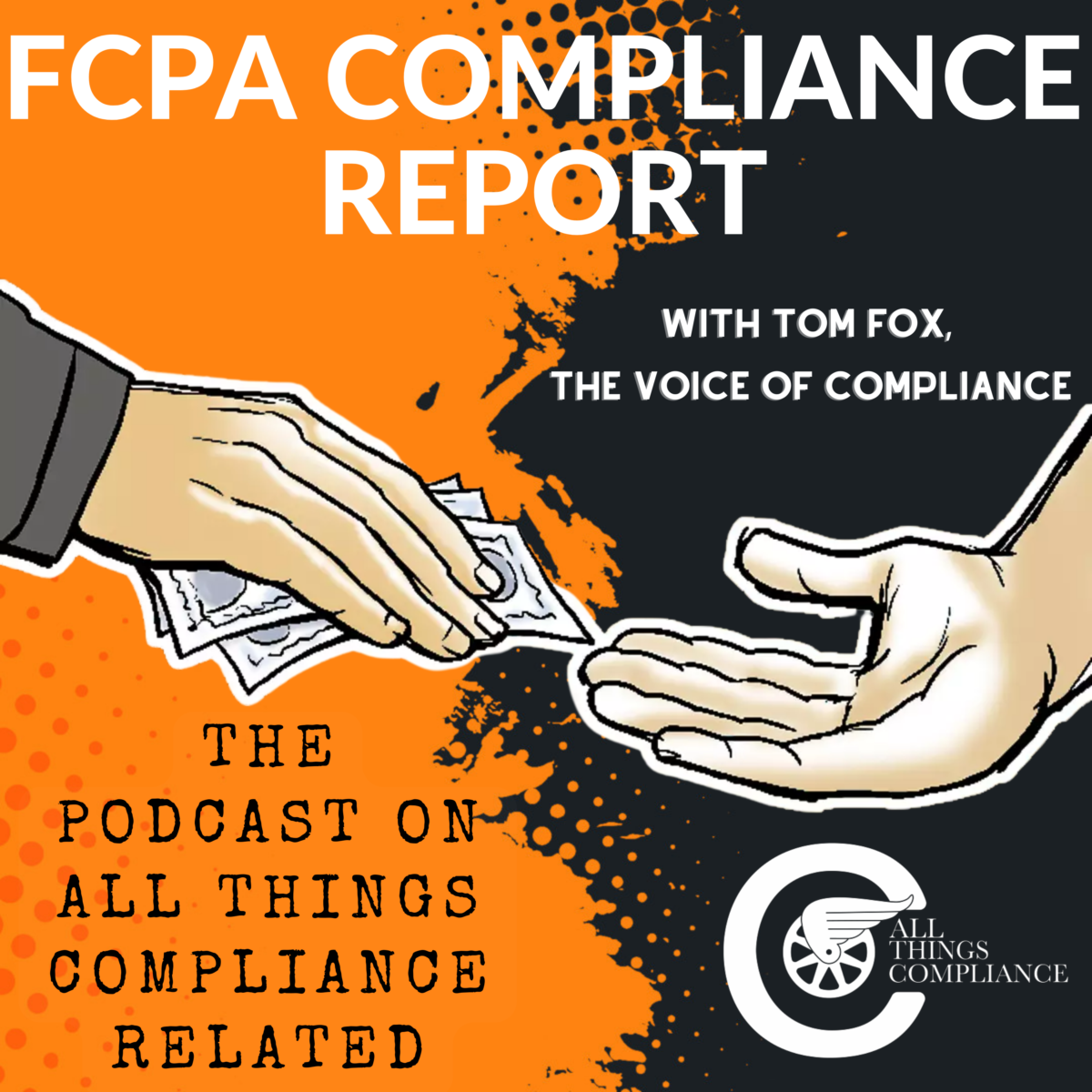I recently concluded a podcast series with Case IQ. Over this series, I visited with Sharlyn Lauby, Jakub Ficner, Kenneth McCarthy, and Meric Bloch on the different facets of a great speak-up regime and how each of those facets will improve your corporate culture. We tackled such topics as the indicia of a great corporate culture, the importance of triage and internal investigations in improving corporate culture, non-retaliation and protections for those who speak up, tying your entire system of speaking up to improving culture, and will conclude with some thoughts on how an entire system of speaking up drives corporate culture to be better run and more profitably. This blog post series will expand on these topics. In Part 3, we consider why and how having an effective triage for reports and investigations can drive a culture of speaking up in your organization.
Jakub Ficner has over 15 years of experience in the internal investigative space and is currently the Director of Partnership Development at Case IQ. He strongly advocates for the importance of the triage process and technology in organizational compliance. He is a passionate and determined team player with experience in prospecting and implementing complex global solutions in various industries. Experience working in cross-functional and multi-cultural teams in Canada, the United States, Germany, and India. His specialties include business strategy and development, international management, ethics and compliance, investigation management, and global implementation strategy.
Jakub emphasized the need for organizations to consider the assessment and triage process before receiving complaints or allegations. This proactive approach allows for increased response time and the ability to set realistic stakeholder expectations.
One of the key points highlighted by Jakub is the importance of setting service level agreements (SLAs) to determine response times based on the nature of the allegation. This concept, borrowed from customer service practices, ensures that employees who come forward with complaints or allegations are provided with a clear understanding of the expected timeline for response and communication. By setting these expectations, organizations can foster a culture of open communication and trust.
The triage process is particularly important for multinational companies that operate across different regions. With varying compliance programs and regulations in different countries, having a well-documented process becomes essential. It allows compliance departments to navigate the complexities of compliance programs and investigations, ensuring consistency and adherence to local laws.
Technology also plays a crucial role in establishing effective compliance processes. Jakub points out that many organizations still need efficient documentation and tracking processes. Implementing technology, such as a case management solution, can help establish accountability and defensibility. It allows for establishing clear procedures monitoring performance and provides documentation that can be used to assess the effectiveness of compliance programs.
There is an overriding need for organizations to build accountability and defensibility into their compliance processes. By having a documented triage process and utilizing technology, organizations can ensure that complaints and allegations are handled promptly and consistently. This fosters a culture of speaking up and provides employees with the confidence that their concerns will be taken seriously and addressed promptly.
However, it is important to recognize the tradeoffs in balancing different factors when implementing a triage process and technology in organizational compliance. While efficiency and speed are crucial, organizations must also consider the need for thorough investigations and the protection of employee rights. Striking the right balance requires careful consideration and ongoing evaluation of processes to ensure continuous improvement.
In conclusion, the triage process and technology are vital in promoting a speak-up culture and ensuring organizational compliance. By proactively assessing and triaging complaints and allegations, organizations can increase response time and set realistic expectations for stakeholders. Implementing technology, such as a case management solution, helps establish accountability and defensibility. However, it is important to consider the impact on employee rights and the need for thorough investigations when making decisions about the importance of the triage process and technology in organizational compliance.
Join us tomorrow when we discuss closing the loop by improving your compliance program through a culture of speaking up.
Listen to Jakub Ficner on Innovation in Compliance here.










